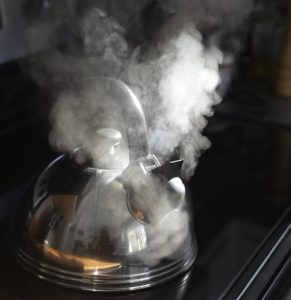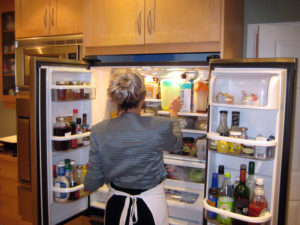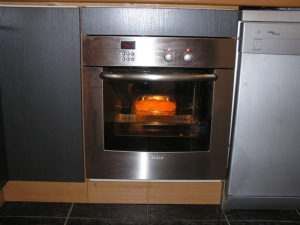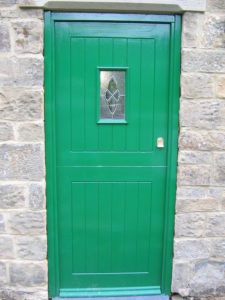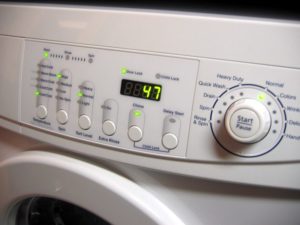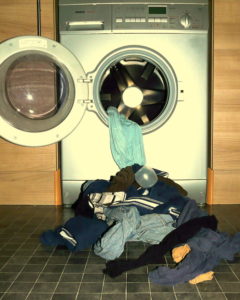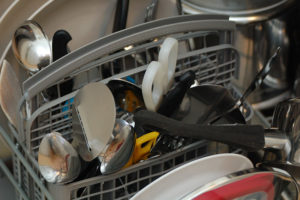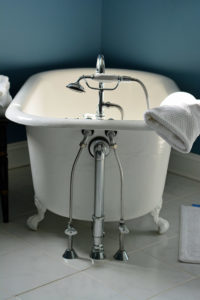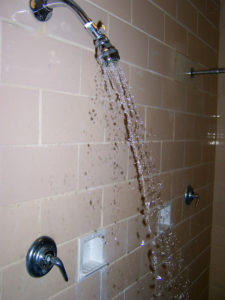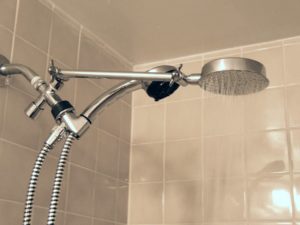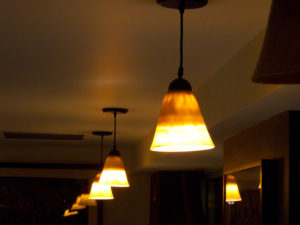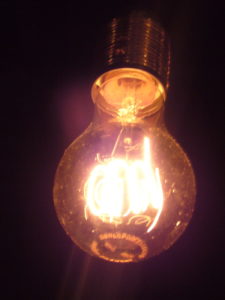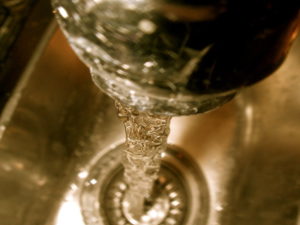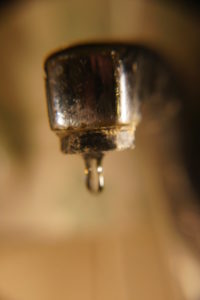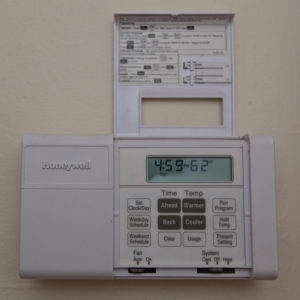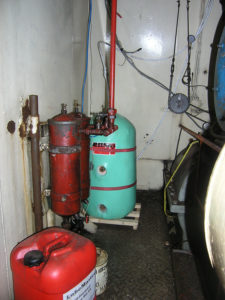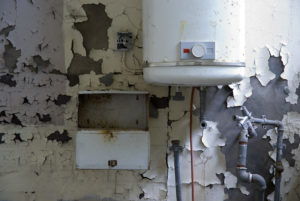Homes today are more energy-efficient than they’ve ever been. They’re also filled with more energy-draining items than ever before. You might not think much about leaving the fridge open while you make a sandwich, or spending an extra five minutes in the shower, but together, the energy you’re wasting really adds up.
What Wastes the Most Energy?
1. Overboiling
Let’s kick off with a classic – boiling more water than you need to. If you’re boiling a litre of water every day to provide one 200ml cup of tea, then you’re boiling 292 litres more water than you need to each year. That’s enough to fill around four bathtubs. If you’re boiling water on a gas hob, then you’ll save yourself money – just be sure to switch it off as soon as it comes to temperature!
2. Fridge Doors
Leaving the fridge door open longer than necessary is another common way we waste energy. It might not seem like a big deal to leave it open while you get a bowl of cereal or make a sandwich but for every second that door’s open, your fridge is forced to work harder (and is wasting energy unnecessarily while it’s at it).
3. Overusing the oven
The microwave is far more efficient for reheating food than your oven. When you are using your oven, avoid opening the door to check how your food’s doing – ovens lose heat fast and have to use more energy to get back to temperature.
4. Gaps
Tiny gaps around the edges of your doors, or between the bottom of your curtains and windowsill, will contribute to energy wastage. During winter, you can correct these problems with the help of a draught excluder or a pile of towels. Alternatively, try sealing gaps (or investing in new windows or doors).
5. Washing too hot
Most laundry will wash just as well at 30°C as it will at 40°C. This will also extend the lifespan of your clothes. Separate your washes so that the most severe stains can be dealt with at higher temperatures.
6. Washing too light
The more clothes you can wash simultaneously, the fewer loads you’ll have to do and the less you’ll have to spend on washing. Of course, there’s an upper limit to this wisdom – you’ll need to provide the water with space to drain properly, and the clothes with space to move around.
7. Underloading the dishwasher
The same logic applies to the dishwasher – except you don’t really need to worry about overfilling a dishwasher. Fill your dishwasher to capacity and use the most efficient setting. You can use the money you save to invest in more crockery and cutlery!
8. Drying
Drying your clothes naturally by hanging them on clothes horses, or out in the garden on the line, will save a considerable amount of money relative to a using a tumble-dryer. Your choice of dryer will also impact the money you spend. Which? suggest that a C-rated dryer costs around 49p per load, compared to just 14p for an A-rated one.
9. Bathing
Baths are expensive – period. Replace just one bath a week with a five-minute shower and you could save about £40 a year on your water and heating bills.
10. Long Showers
A long shower might relax you, but the cost won’t. Just 8 minutes under an electric shower costs between 20 and 30p. Double that time, and double it again for a 2 person household, and you’re looking at up to £1.20 a day – or £438 a year!
11. Inefficient showers
Modern showerheads are able to create the illusion that they’re using more water than they actually are. If you can, adjust your showerhead to provide a pressurised blast of not-very-much-water.
12. Not switching things off
If you’re leaving a room and no-one’s in it, turn off the lights. Simple.
13. Light bulbs
Traditional halogen bulbs are on the way out. Modern LED bulbs are many, many times more efficient – and the gap is certain to keep growing. In fact, the rate of improvement is sufficient that stockpiling spare bulbs is inadvisable!
14. Not turning the TV off
Many of us like to cap off a week by unwinding on the sofa with a glass or two of wine and a marathon of television. You’re not going to get much enjoyment from your favourite shows, however, after you’ve fallen asleep – so be sure to switch off and go to bed before you crash out.
15. Leaving the tap running
This is totally unnecessary. The average tap can dispense six litres of water in a minute, which adds up to more than eight thousand litres per person brushing their teeth every year. Just turn it off!
16. Ignoring a leaky tap
That drip-drip-drip might not seem worth worrying about but as we’ve seen, small amounts of wastage can add up. That tap’s going to be leaking 24 hours a day. Get it fixed.
17. Not programming your thermostat
If you’ve invested in a programmable thermostat, then you’ll want to do some actual programming. It’s incredibly easy, and it could save you around £70 a year. That way you can be sure you’re not wasting energy when you’re not home.
18. Leaving your hot water cylinder exposed
Insulating this contraption will save around £20 a year – and perhaps more. The improvement takes seconds, and you’ll only need to do it once!
19. Keeping an old boiler
Old boilers tend to be massively inefficient. Since heating represents around 60% of the average household’s costs, upgrading to a modern A-rated boiler can make a substantial difference!
20. Not using stacked steamers
If you’re going to be cooking broccoli, asparagus, potatoes and carrots, is there really any need to boil four separate pans? Of course not – invest in a set of stacked steamers, place the lid on the top, and cook four things using the same energy it takes to heat a single pan.
Image credit 1, image credit 2, image credit 3, image credit 4, image credit 5, image credit 6, image credit 7, image credit 8, image credit 9, image credit 10, image credit 11, image credit 12, image credit 13, image credit 14, image credit 15, image credit 16, image credit 17, image credit 18, image credit 19


